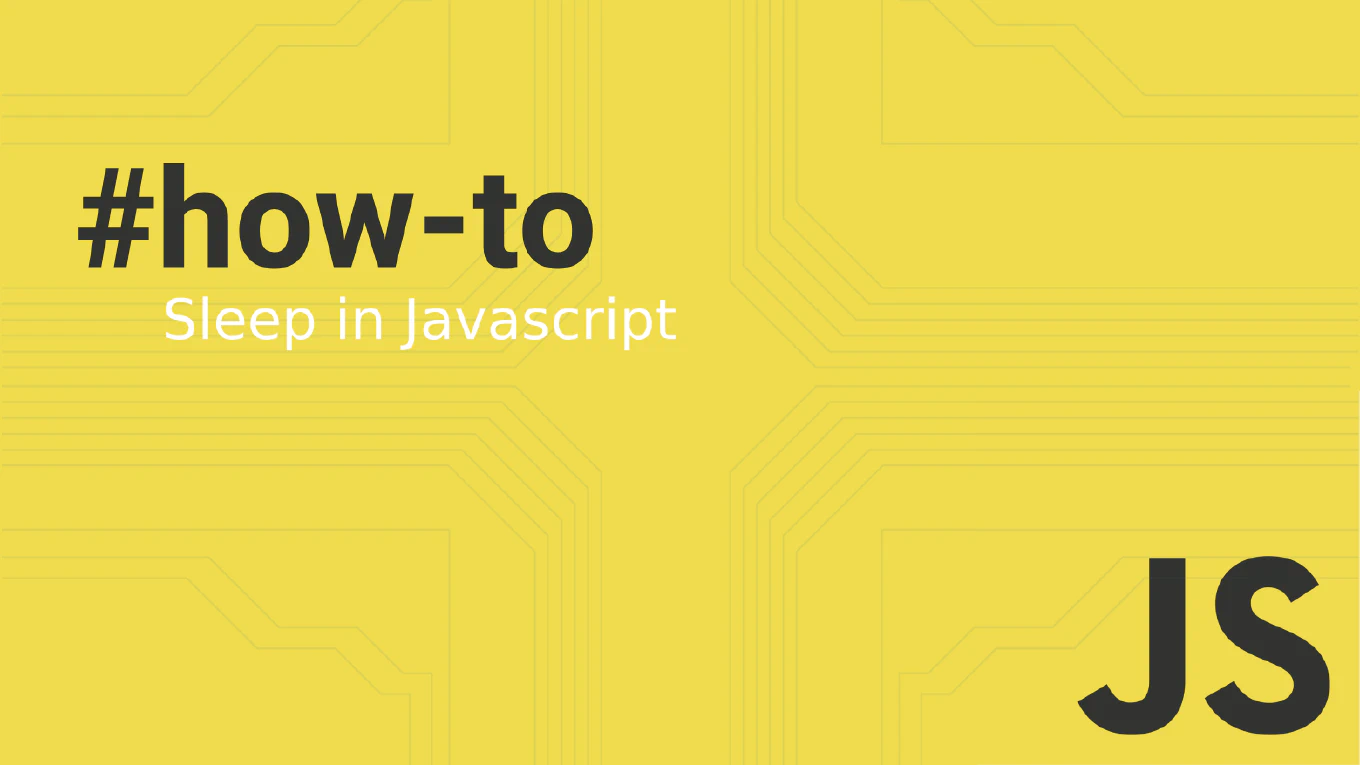How to write a function expression in JavaScript
Function expressions assign functions to variables, providing flexibility in function creation and enabling conditional function definition. As the creator of CoreUI, a widely used open-source UI library, I’ve used function expressions extensively for dynamic function creation and modular code organization. From my expertise, function expressions are ideal when you need to conditionally create functions or pass them as arguments. This approach offers more control over function scope and timing compared to function declarations.
Assign an anonymous function to a variable to create a function expression.
const greet = function(name) {
return `Hello, ${name}!`
}
Here the function keyword creates an anonymous function that gets assigned to the variable greet. Unlike function declarations, function expressions are not hoisted, meaning they can only be called after they’re defined. This gives you precise control over when functions become available in your code scope.
Best Practice Note:
Function expressions are not hoisted like function declarations, so they must be defined before use. This is the same pattern we use in CoreUI for conditional function creation and maintaining predictable execution order.







